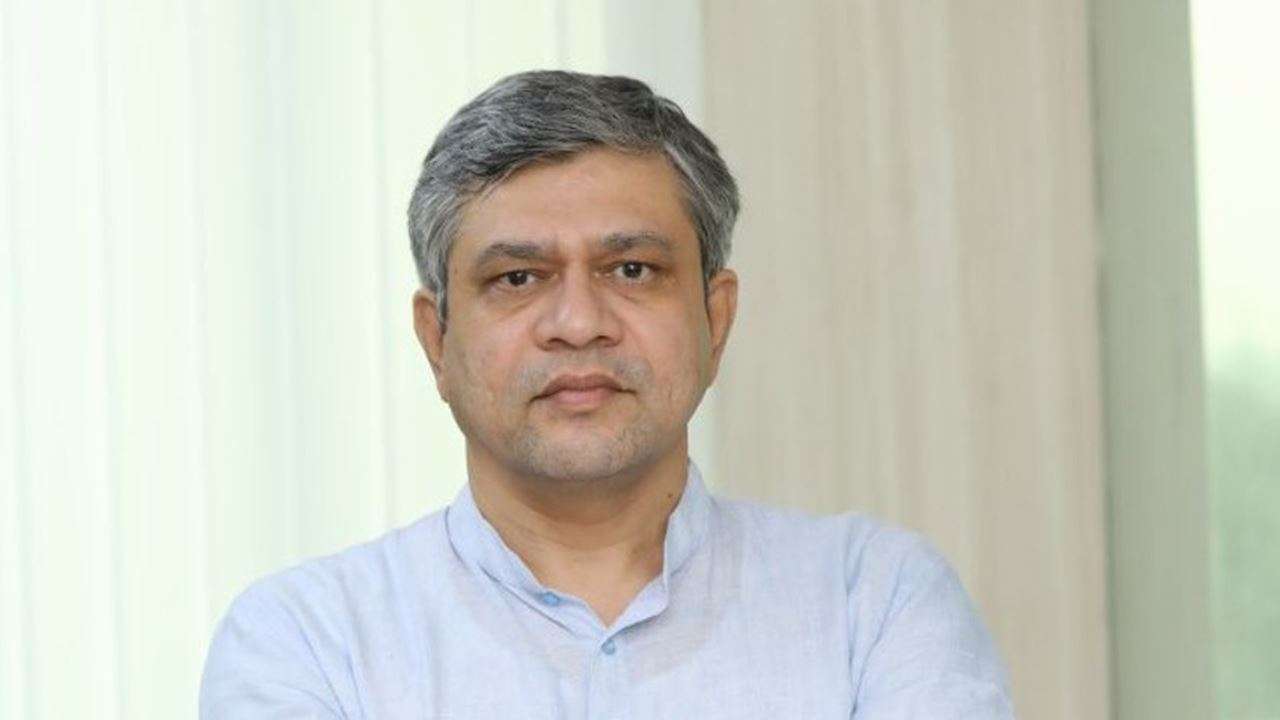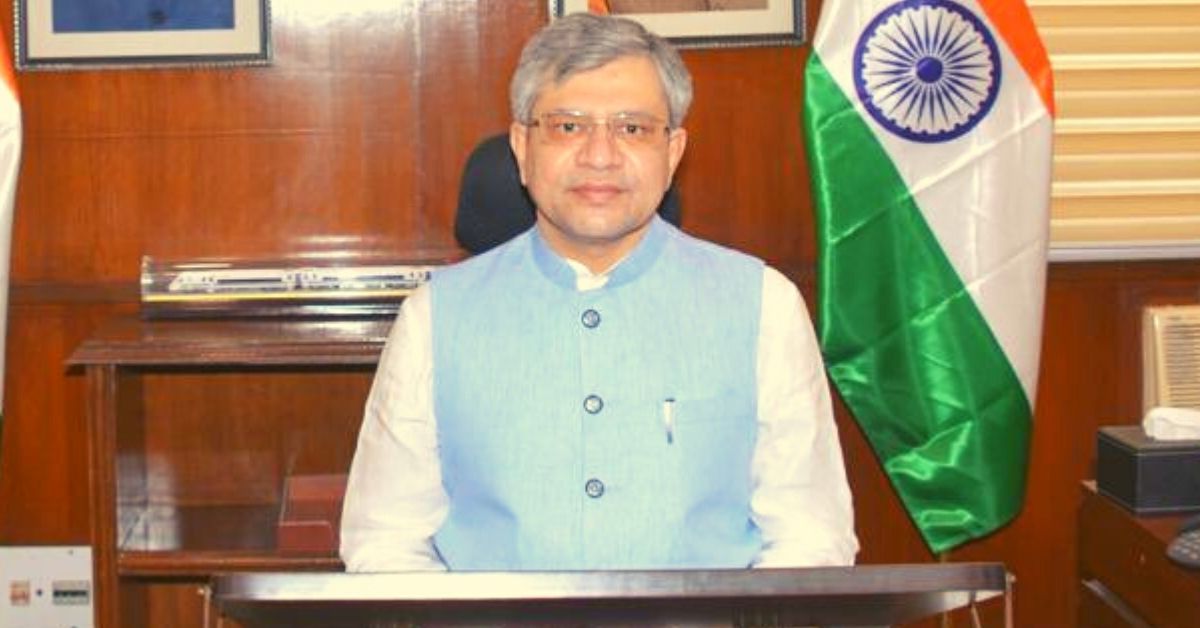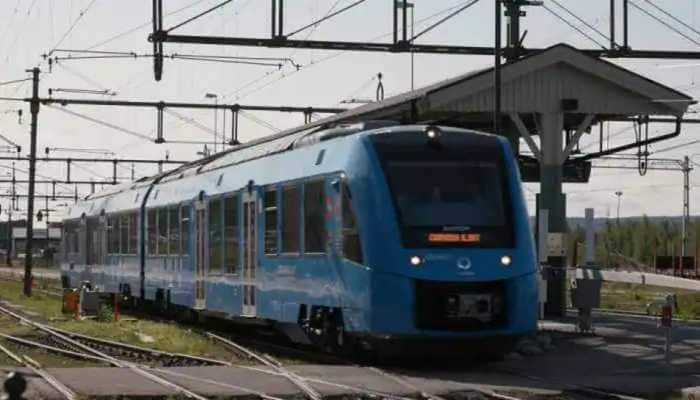Railways utilised 59% of its capital expenditure in first six months of 2023-24: Ashwini Vaishnaw

Railways utilised 59% of its capital expenditure in first six months of 2023-24: Ashwini Vaishnaw
Railways Minister Ashwini Vaishnaw announced on September 30 that the Indian Railways successfully allocated and utilized 59 percent of its total capital expenditure during the initial six months of the financial year 2023-24. This notable achievement was facilitated by the implementation of 38 structural and procedural reforms within the railway system over this period, contributing to a significant enhancement in its overall performance.
Vaishnaw provided financial insights, revealing that the total budget allocated for the financial year 2023-24 amounts to a substantial Rs 2.4 lakh crore. Impressively, during the first half of the current financial year, the Indian Railways has already expended Rs 1.4 lakh crore, which accounts for 59 percent of the total budget.

This substantial capital expenditure underscores the railway’s commitment to advancing its infrastructure, safety measures, and service quality. Such investments are not only pivotal for the railway’s development but also have far-reaching benefits for passengers and the broader economy.
The structural reforms undertaken by the Indian Railways have brought about significant changes in the way projects are executed, financed, and monitored, according to Railways Minister Ashwini Vaishnaw. These reforms have been implemented with the aim of enhancing transparency and ensuring better quality control throughout the railway system.
One noteworthy change has been the transition from the Item Rate Contract system to Engineering, Procurement, and Construction (EPC) contracts. EPC contracts are considered to be more efficient and accountable in project execution.

In addition to this, Vaishnaw highlighted the improvements in the process of creating detailed project reports (DPRs). Previously, DPRs were often seen as a mere formality. However, the railways have now established a more authentic and comprehensive DPR process. This change addresses a previous flaw in the system where DPRs were primarily based on table-top surveys, and the actual field conditions were addressed later during field surveys. By addressing this issue, the railways are likely to have a more accurate and effective project planning and execution process in place.
The Indian Railways has embraced cutting-edge technology to enhance its project planning and execution processes. Railways Minister Ashwini Vaishnaw disclosed that they have integrated drone and satellite-based surveys into the preparation of Detailed Project Reports (DPRs). This modern approach enables them to create more accurate and comprehensive DPRs, which are then uploaded onto the PM Gati Shakti portal.

Furthermore, the railway authorities are now proactively identifying and addressing potential conflicts at the DPR stage. This includes assessing and resolving issues related to mines, schools, highways, transmission lines, canals, and other factors that could impact the project. By tackling these conflicts early in the planning process, the railways can ensure smoother project implementation.
In addition to technological advancements, the railways have also collaborated with companies like TCS to enhance project management and quality control. Electronic management systems have been introduced to safeguard data integrity, ensuring that essential information remains intact and accessible for an extended period.
These initiatives collectively demonstrate the Indian Railways’ commitment to modernization and efficiency, aiming to deliver better infrastructure and services to passengers and stakeholders.
The Indian Railways has undertaken comprehensive computerization of the entire project completion process, according to Railways Minister Ashwini Vaishnaw. This digital transformation spans every stage of the project lifecycle, from initiation to sanction, design approval, Detailed Project Report (DPR) preparation, tendering, contractor selection, and ultimately, the issuance of completion certificates. This digitization streamlines and enhances project management, improving efficiency and transparency throughout the railway system.
Moreover, Vaishnaw highlighted the modernization of the General Conditions of Contracts (GCC), which were originally established in 1952. These updates align the GCC with the contemporary requirements and standards of today’s railway projects, reflecting the evolving needs of the industry.
In addition to structural reforms, the railways have also implemented procedural reforms aimed at expediting the project completion process. These procedural enhancements have contributed to the railway’s improved performance, showcasing their commitment to delivering projects more efficiently and effectively. The combined efforts in structural and procedural reforms are expected to bring significant benefits to the Indian Railways and its stakeholders.




